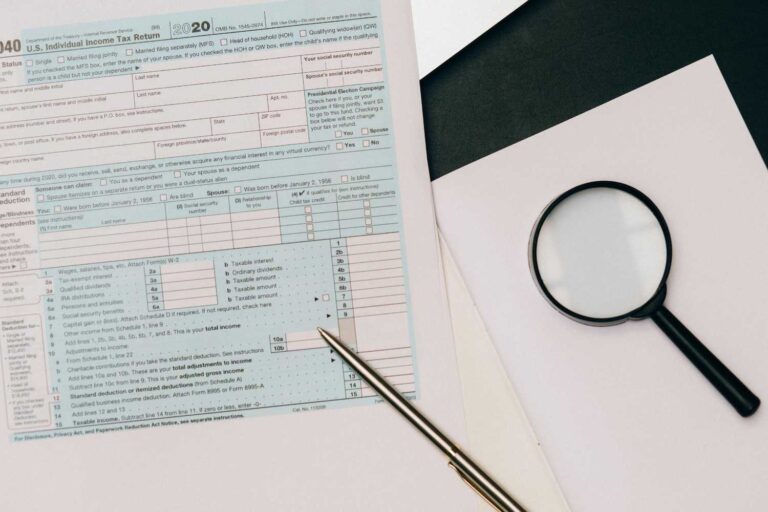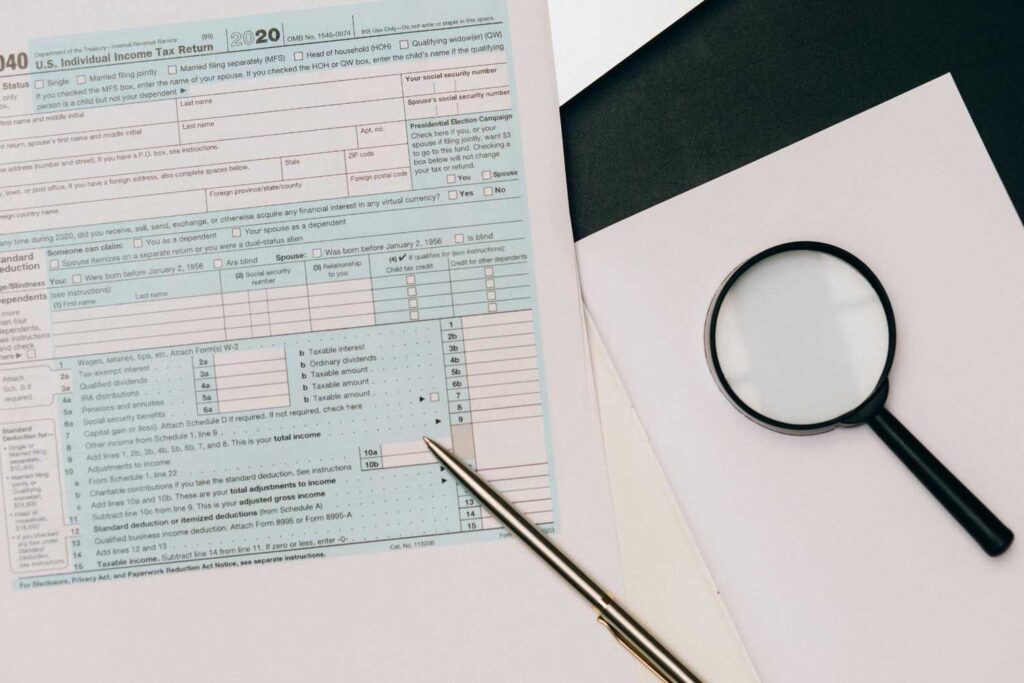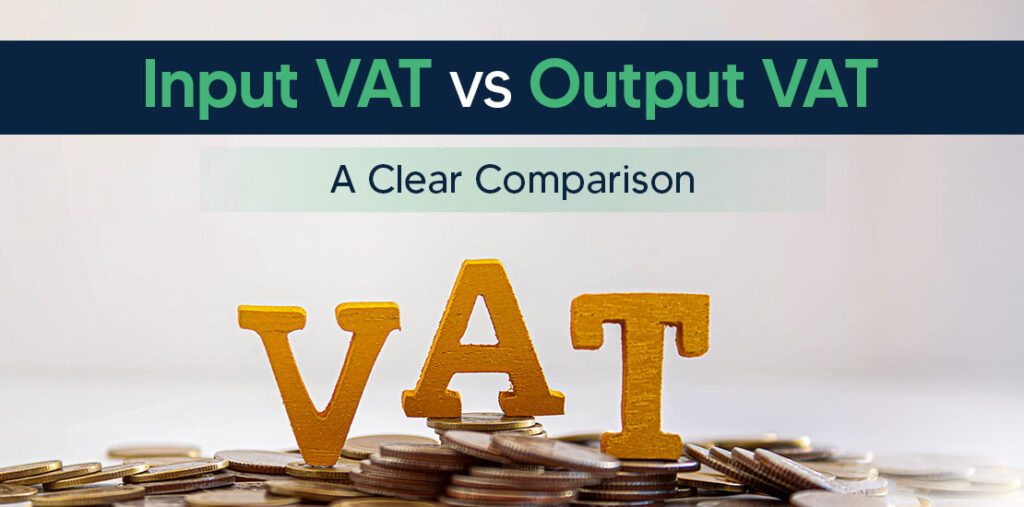The UAE’s business ecosystem is entering a transformative era as Corporate Tax takes effect across the Emirates. Historically known for its tax-free appeal, the introduction of this new tax regime marks a significant shift that aligns the UAE with global fiscal standards, while still retaining its competitive advantage. For companies of all sizes—from multinational corporations to SMEs—adapting to this change is crucial for compliance, sustainability, and long-term growth.
In this article, we explore how Corporate Tax in UAE is reshaping business operations, what companies need to do to prepare, and how the best practices in tax assessment, accounting, and reporting are evolving to meet the new requirements.
Understanding Corporate Tax in UAE
Introduced in June 2023, the UAE’s Corporate Tax is applicable at a standard rate of 9% for businesses earning over AED 375,000 in annual net profits. This move supports the nation’s broader goals of increasing transparency, boosting global investor confidence, and aligning with OECD’s international tax framework.
Despite being new, the tax is designed to be business-friendly. Exemptions exist for free zone entities that comply with certain substance and activity criteria. However, compliance is non-negotiable—and the clock is ticking for businesses to align their internal systems with federal regulations.
Corporate Tax Filing: The New Standard for Businesses
Unlike VAT, which is transactional in nature, corporate tax filing evaluates overall profitability and requires annual reporting of income, deductions, and adjustments. Businesses must maintain accurate records, assess tax obligations quarterly or annually, and prepare for potential audits.
Corporate tax assessment is an emerging necessity, especially for firms managing multiple revenue streams. Through proper planning and consulting, companies can mitigate risks, identify allowable deductions, and stay compliant.
How This Affects Accounting and Audit Firms in Dubai
With regulatory expectations rising, audit firms in Dubai are seeing a surge in demand for tax advisory and financial reporting services. As new tax laws redefine obligations, businesses are relying more than ever on professional guidance for filing returns and preparing for audits.
Accounting firms in Dubai are stepping up by integrating AI-driven tools that simplify compliance and ensure data accuracy. Real-time dashboards, automated reconciliations, and predictive analytics are becoming the new norm, enabling smarter decision-making and faster reporting cycles.
Why Technology is Key to Compliance
Modern accounting platforms now offer features like e-invoicing integration, automated bookkeeping, and dynamic tax calculators to make corporate tax filing seamless. This is especially beneficial for businesses operating across multiple jurisdictions or revenue categories.
Solutions like Xero, QuickBooks, and Zoho Books are transforming financial workflows by offering secure, cloud-based tax tracking and audit trails. As compliance deadlines approach, being digitally prepared isn’t just efficient—it’s essential.
The Role of Chartered Accountants in Navigating Corporate Tax
A trusted chartered accountant provides not just tax filing support but also strategic insights on profit optimization and liability reduction. Their role in the UAE’s evolving tax framework has become central to corporate compliance.
Whether you’re seeking accounting services in Dubai or long-term tax planning, a skilled chartered accountant brings technical know-how and local regulatory understanding that make all the difference.
In fact, many accounting careers in Dubai are now pivoting toward tax expertise, digital reporting, and FTA compliance as core skills—making this a transformative time for finance professionals.
Tax Residency and International Reporting
For multinational entities, securing a tax residency certificate UAE or a tax domicile certificate UAE is often required for double taxation avoidance. These certificates are now a standard compliance tool for cross-border operations.
Whether it’s acquiring a tax residency certificate Dubai or verifying your tax identification number UAE, staying compliant involves accurate recordkeeping and timely documentation—something accounting companies Dubai are now assisting with proactively.
VAT Still Matters: A Dual Compliance Challenge
Even with corporate tax in focus, VAT in Dubai continues to be a major component of financial reporting. Companies must manage value added tax in UAE while ensuring their corporate tax filings align with broader financial statements.
If you’re not already VAT-registered, consult professionals to register for VAT UAE, as penalties for non-compliance are steep. Maintaining alignment between your VAT registration UAE and corporate filings helps ensure holistic regulatory alignment.
How UAE Businesses Can Adapt
Here’s how companies can effectively prepare for corporate tax:
- Assess Readiness: Review current accounting systems and reporting structures.
- Get Professional Help: Work with CPA firms in Dubai for audit-readiness and tax filing.
- Automate Financials: Invest in smart accounting platforms that support e-invoice in UAE and corporate tax modules.
- Maintain Documentation: Keep detailed income statements, ledger records, and contracts.
- Conduct Tax Assessment Regularly: Make corporate tax assessment a routine part of your financial strategy.
With over 99 referring domains and rising monthly visits, it’s clear that visibility and trust play a role in financial compliance as well. Building strong accountant chartered accountant teams ensures that all these moving parts work in sync.
The Rise of Corporate Tax Roles
Demand is growing fast for professionals with expertise in UAE tax laws. Businesses are actively advertising accountant job vacancies in UAE focused on VAT, corporate tax, and automation.
Those looking for job vacancies in Dubai accountant or applying to 4 accounting firms can expect positions requiring knowledge of tax filing, AI tools, and regulatory compliance. The right candidates—often qualified ca chartered accountant professionals—are crucial to bridging the gap between traditional accounting and next-gen compliance.
Accounting Firms Leading the Way
Several accounting firm in Dubai UAE are already leading the way in corporate tax transformation. These firms support everything from tax resident certificate UAE requests to AML-compliant reporting.
Services include:
- Financial health checks
- VAT and corporate tax alignment
- Audit preparation (a.k.a. auditing the audit)
- Support for uae tax domicile certificate applications
With such a range of responsibilities, businesses must ensure their partners are technically equipped and legally informed.
The Future of Corporate Tax in Dubai
With initiatives like Dubai VAT tax, tax on Dubai income, and Emirates VAT integration, the future points toward increased automation, clarity, and global competitiveness. Government efforts to digitize the financial infrastructure are ongoing, giving rise to centralized platforms and more efficient filing systems.
As the region continues its march toward digital-first business practices, even your accounting company in Dubai must evolve—offering a blend of traditional financial acumen and modern tech fluency.
Whether you’re searching for an accountant in Dubai by accountant number, navigating AML risks, or pursuing attestation services, one thing is certain: businesses that adapt early will thrive in this new tax era.
Final Thoughts
The implementation of Corporate Tax in UAE marks a new chapter for businesses. From filing accuracy to digital transformation, companies must act decisively to navigate the evolving landscape. The key lies in collaboration—with expert advisors, powerful technology, and proactive financial planning.
Whether you’re a startup preparing your first return or an established firm refining your tax ID UAE process, the future belongs to those who embrace change.
Now is the time to invest in the right systems, surround yourself with the right professionals, and stay ahead of the curve in this bold new era of tax and transparency.





